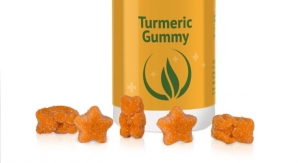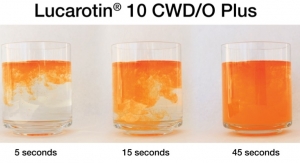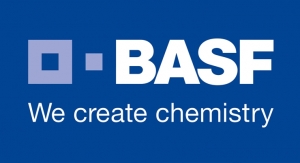05.03.10
In an era of heightened concern surrounding ingredient integrity, traceability has become very important, particularly for companies like BASF, Limburgerhof, Germany. Using a system called GTNet from the Norwegian company TraceTracker Innovation AS, the company monitors its ingredients through every step in the production process. “Traceability is something our customers and the retailers are very keen on because at the end of the day it is a form of insurance for their brands. It gives them the certainty that they have the highest quality ingredients,” said Martin Jager, PhD, group vice president, Nutrition Ingredients, BASF.
From Dr. Jager’s perspective, every company in the industry should have traceability capabilities. “Traceability is a hurdle but it helps establish consumer credibility in the end,” he said. “Consumers are becoming more aware of where their products come from and these days we have to work hard to regain their trust.”
Dr. Jager also sees a very strong trend in sustainability and eco-responsibility. “Consumers are starting to ask about the carbon footprint of the production of certain products. The good news is BASF has been addressing this for the last 15 years, so we are in a good position,” he said.
In terms of what BASF’s customers are looking for with respect to ingredients, Dr. Jager commented, “Interestingly, in the last few years we are being asked less and less what the next attractive molecule will be. For us, focusing on the molecule of the month is not a sustainable business model. Instead, we are getting more requests surrounding better delivery. Companies want to make existing, well-known products more suitable for their customers and the end consumer.
“We work on formulations using only globally approved formulation aids,” Dr. Jager continued. “Our universal formulation products are suitable for many applications and populations around the world. The best formulation aid is the one that can be used globally. This helped companies a lot during the economic crisis because they could use the same formula in many markets.”
In terms of the dietary supplement market, Dr. Jager noticed a shift in demand last year. “We saw a change in demand, but this is because consumers moved away from high priced, premium products and more toward mid-level private label products. But this was more of a channel shift rather than a shift in real demand.”
As far as specific ingredients are concerned, Dr. Jager said vitamin D and omega 3s have been very popular recently. “Vitamin D has excellent clinical data behind it and it performed very well last year. Omega 3s are also performing well because consumers understand the benefits. The interest in prevention is also driving a lot of the growth in these markets.”
All in all, Dr. Jager said BASF had a reasonable year in 2009 and he expects 2010 to be even better. “For some of our customers we were able to optimize inventory levels, so that helped us last year,” he said. “So far 2010 has been robust and we are running on budget as planned. This is not a real surprise to us because the nutrition industry in general is set for long-term growth.” —R.W.
From Dr. Jager’s perspective, every company in the industry should have traceability capabilities. “Traceability is a hurdle but it helps establish consumer credibility in the end,” he said. “Consumers are becoming more aware of where their products come from and these days we have to work hard to regain their trust.”
Dr. Jager also sees a very strong trend in sustainability and eco-responsibility. “Consumers are starting to ask about the carbon footprint of the production of certain products. The good news is BASF has been addressing this for the last 15 years, so we are in a good position,” he said.
In terms of what BASF’s customers are looking for with respect to ingredients, Dr. Jager commented, “Interestingly, in the last few years we are being asked less and less what the next attractive molecule will be. For us, focusing on the molecule of the month is not a sustainable business model. Instead, we are getting more requests surrounding better delivery. Companies want to make existing, well-known products more suitable for their customers and the end consumer.
“We work on formulations using only globally approved formulation aids,” Dr. Jager continued. “Our universal formulation products are suitable for many applications and populations around the world. The best formulation aid is the one that can be used globally. This helped companies a lot during the economic crisis because they could use the same formula in many markets.”
In terms of the dietary supplement market, Dr. Jager noticed a shift in demand last year. “We saw a change in demand, but this is because consumers moved away from high priced, premium products and more toward mid-level private label products. But this was more of a channel shift rather than a shift in real demand.”
As far as specific ingredients are concerned, Dr. Jager said vitamin D and omega 3s have been very popular recently. “Vitamin D has excellent clinical data behind it and it performed very well last year. Omega 3s are also performing well because consumers understand the benefits. The interest in prevention is also driving a lot of the growth in these markets.”
All in all, Dr. Jager said BASF had a reasonable year in 2009 and he expects 2010 to be even better. “For some of our customers we were able to optimize inventory levels, so that helped us last year,” he said. “So far 2010 has been robust and we are running on budget as planned. This is not a real surprise to us because the nutrition industry in general is set for long-term growth.” —R.W.



















